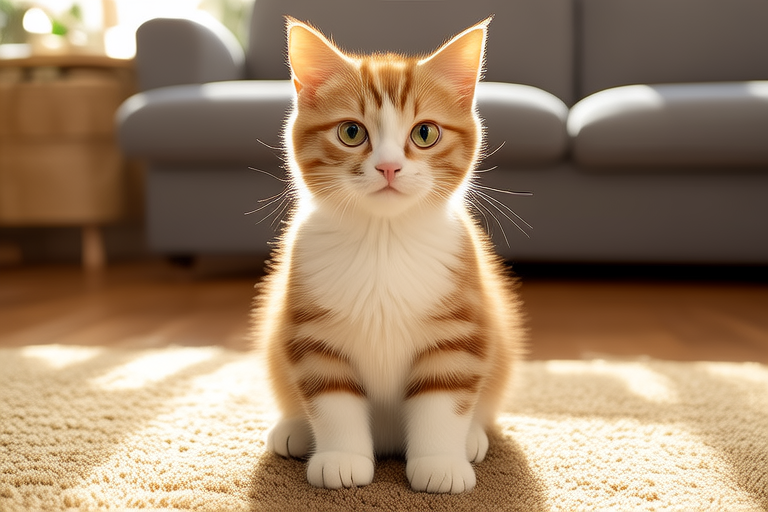Adopting a Munchkin: What You Need to Know Before Bringing One Home
Welcome to the world of Munchkins! These adorable cats have taken the hearts of many pet lovers by storm with their unique physical traits and loving personalities. Adopting a Munchkin can be an exciting and rewarding experience, but it’s important to be well-informed before bringing one into your family. This guide will cover everything you need to know about these special cats, from their physical characteristics to their dietary needs and how to help them adjust to their new home.
The Unique Physical Traits of Munchkins
Munchkins are best known for their distinctively short legs, a trait caused by a genetic mutation. Despite their small stature, they are generally healthy and active cats. Their front legs are usually shorter than their hind legs, which gives them a unique gait. While some might assume that this would make them less agile, Munchkins are surprisingly spry and can jump and climb just like any other cat. Their short legs also mean that they may not be able to reach high places as easily, so consider this when cat-proofing your home.
Temperament and Interaction with Families
Munchkins are known for their friendly and affectionate nature. They are typically very social and enjoy interacting with people. Many Munchkins love to play and can become quite attached to their human companions. They often get along well with children and other pets, making them great additions to multi-pet households. However, it’s important to supervise interactions, especially if there are young children or other animals that might be overly energetic.
Exercise Needs Despite Their Short Legs
Despite their short legs, Munchkins still require regular exercise to stay healthy and happy. Providing toys that encourage climbing and jumping can help them maintain their agility. Puzzle toys and interactive games can also stimulate their minds and keep them engaged. It’s crucial to ensure that their environment is safe and free of hazards that could pose risks due to their low-to-the-ground profile.
Common Health Concerns
While Munchkins are generally healthy, they can be prone to certain health issues. The most significant concern is spinal problems due to their unusual body structure. Regular veterinary check-ups are essential to monitor their overall health and address any potential issues early. Obesity can also be a problem, so maintaining a balanced diet and ensuring adequate exercise is vital. Additionally, Munchkins may be more susceptible to respiratory infections, so keeping them indoors and away from sick animals can help protect them.
Grooming Requirements
Munchkins have short coats that are easy to care for, requiring minimal grooming. A weekly brushing is usually sufficient to keep their coat shiny and free of mats. They also shed seasonally, so during these times, you may need to increase the frequency of brushing. Bathing is rarely necessary unless they get particularly dirty. As with all cats, it’s important to check their ears regularly and clean them if needed to prevent infections.
